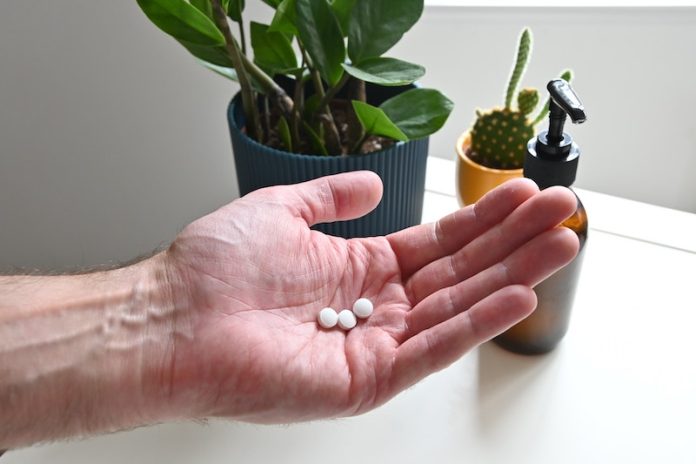
Cholesterol is a fatty substance in our blood. While our bodies need some cholesterol, too much can block our blood vessels and lead to heart diseases.
That’s why many people take medicines to keep their cholesterol in check. However, not all cholesterol drugs are the same.
A new study from the University of South Australia has shed light on some of these medicines, how they work, and their potential side effects.
Why Do People Take Cholesterol Drugs?
First, let’s talk about why cholesterol matters. Our bodies use cholesterol to build cell walls, produce hormones, and more. But like anything, too much isn’t a good thing.
High cholesterol can lead to plaque forming in our arteries. Think of it like a clog in a pipe. Over time, these blockages can cause heart attacks or strokes.
Doctors often prescribe drugs to help manage high cholesterol levels. The main aim is to prevent these dangerous blockages.
Over 200 million people around the world take a specific kind of cholesterol drug called statins. These medicines have been around for a while and are quite common.
What Did the Study Find?
The University of South Australia’s study looked at two types of cholesterol medicines. One is the well-known statins, and the other is a newer kind called PCSK9 inhibitors.
Good News About Statins: For most people, statins do a good job. They lower the risk of heart diseases, high blood pressure, and even some age-related issues. Some folks might get an upset stomach (like diarrhea) from them.
An interesting discovery was that some people taking statins had a part of their brain grow a bit larger! This brain area, called the hippocampus, is linked to memory. So, there’s a chance statins might help reduce the risk of memory problems as we age.
PCSK9 Inhibitors – A Note of Caution: This new drug type is designed to remove cholesterol from our body’s cells. The study hinted that they might affect our lungs’ working.
Now, this doesn’t mean they’re bad. It just means that researchers think we should study them more to understand any long-term effects fully.
A Surprising Link with Weight and Energy: The research also showed that people on statins might see some changes in their body weight and energy levels.
There was a link between these medicines and higher body weight and fat. Some men also had a drop in testosterone, a hormone that affects energy and mood.
Why Does This Matter to Us?
Now, you might wonder, why all this fuss about a study? Well, medicines are powerful tools. They can help us, but they can also have side effects. It’s like using a tool. Imagine you have a leaky faucet and use a wrench to fix it.
The wrench can be super useful. But if you’re not careful, you might accidentally scratch your sink or hurt your hand. That’s why it’s essential to know how to use it right.
Similarly, knowing more about our medicines helps doctors and patients make better choices. Kitty Pham, who led the research, says that this study can help us understand how different people might react to medicines.
For example, if someone already has lung problems, a doctor might think twice before prescribing PCSK9 inhibitors.
The big message? More knowledge means better health choices. It’s always good to ask questions, stay informed, and work closely with our doctors. After all, health is a team effort!
If you care about heart health, please read the benefits of low-dose lithium supplements, and what we know about egg intake and heart disease.
For more information about heart disease, please read about diabetes drugs that could revolutionize heart failure treatment, and this drug can be a low-cost heart failure treatment.
The study was published in the British Journal of Clinical Pharmacology.
Follow us on Twitter for more articles about this topic.
Copyright © 2023 Knowridge Science Report. All rights reserved.



